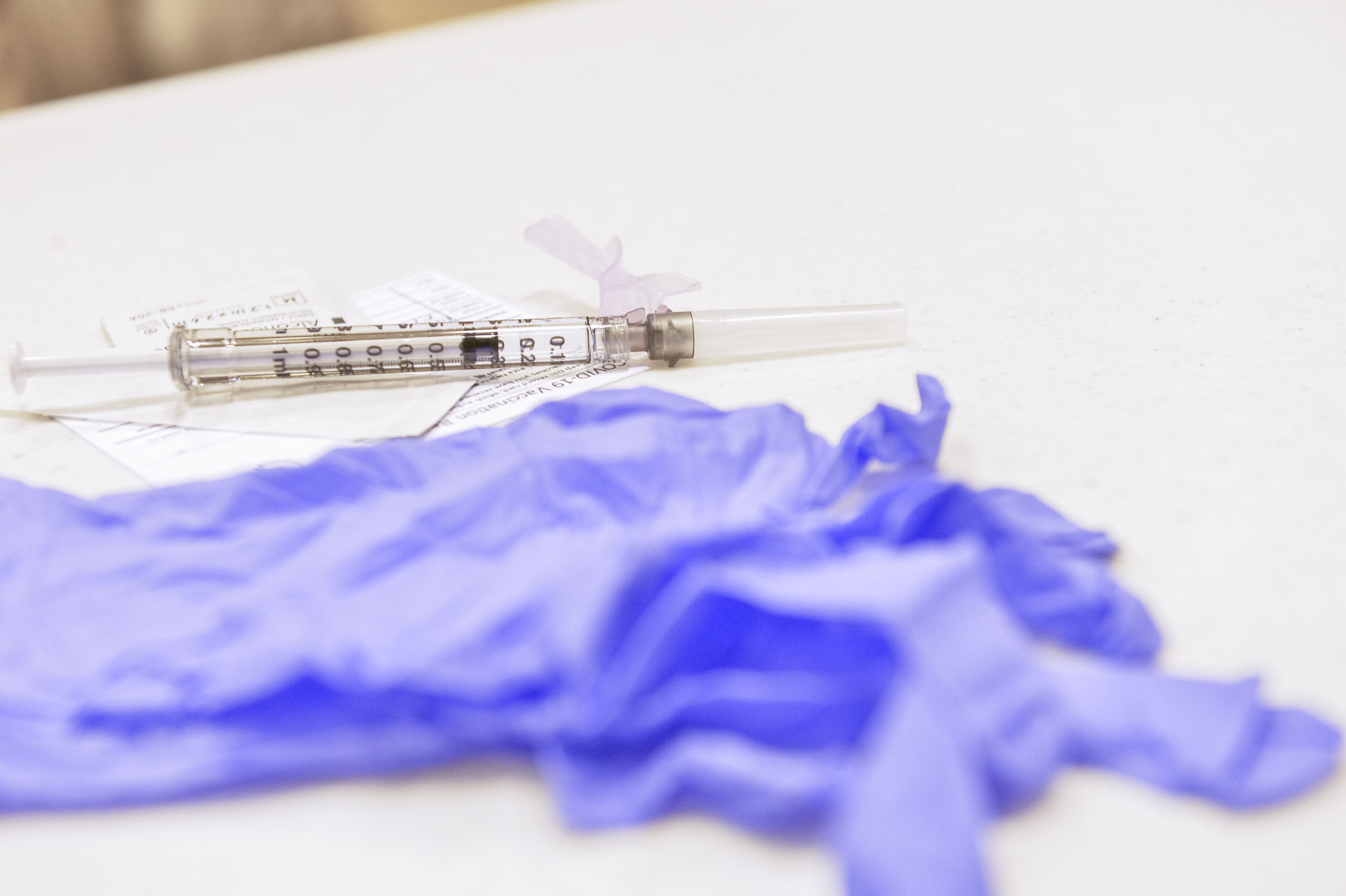This is the second in a four-part series of FAQs provided by WVU Medicine. Because of length, we are publishing the questions and answers in four parts. Part 3 is available HERE.
Read Part 1 HERE
Newsroom@DominionPost.com
As access to the coronavirus vaccine begins to make its way through the state and country, many people have questions about its safety, possible side effects and effectiveness. To help assuage any fears about the vaccine, the WVU Medicine Pharmacy Team put together the following frequently asked questions.
Should I take the COVID-19 vaccine if I have a significant history of allergic reactions?
The CDC states severe allergic reaction (i.e. anaphylaxis) to any vaccine or injectable therapy (intramuscular, intravenous, or subcutaneous) is a precaution, but not a contraindication to receiving vaccination. Vaccine providers should observe these patients for 30 minutes after vaccination to monitor for the development of immediate adverse reactions.
This recommendation is due to two health care workers in the United Kingdom developing severe allergic reactions after receiving the vaccine. They both had a history of severe allergic reactions and both carried epinephrine auto injectors. Those with allergies to food, pets, insects, latex, or oral medications do not fall under this precaution and are monitored similarly to all other vaccine recipients (15 minutes).
Since the Pfizer vaccine was granted for EUA in the U.S., two health care workers in Alaska have had severe allergic reactions after vaccination. Both were treated with epinephrine and recovered. Data on the two U.S. allergic reactions are being shared with the CDC, and the FDA is working to investigate findings. If you have a history of severe allergic reactions you should discuss this with your health care provider.
Can I take the vaccine if I am pregnant?
Currently, there is no data on the safety and efficacy of COVID-19 vaccines in pregnant women as they were excluded from clinical trials. However, it is known that pregnant women can have an increased risk of severe illness or negative pregnancy outcomes, such as preterm birth, if they become infected with COVID-19.
The CDC and Advisory Committee on Immunization Practices have said the vaccine is unlikely to cause placental and fetal exposure and that there is minimal safety risk as the mRNA vaccine is not a live vaccine. Statements have also been made that the benefit of vaccination may outweigh the risk of severe COVID-19 disease.
For this reason, if a pregnant woman is part of a group who is recommended to receive a COVID-19 vaccine, she may choose to be vaccinated. A discussion with her health care provider can help her make an informed decision. Pregnant women who develop a fever after vaccination should take acetaminophen, as fever is associated with negative pregnancy outcomes.
Considerations for vaccination of a pregnant woman:
- Level of COVID-19 community transmission (risk of acquisition)
- Her personal risk of contracting COVID-19 (by occupation or other activities)
- The risks of COVID-19 to her and potential risks to the fetus
- The efficacy of the vaccine
- The known side effects of the vaccine
- The lack of data about the vaccine during pregnancy
Can I take the vaccine if I am breastfeeding?
Currently, there is no data on the safety and efficacy of COVID-19 vaccines in breastfeeding women, as they were excluded from clinical trials. The CDC has stated that since the mRNA vaccine does not contain live virus, it is not thought to be a risk to breastfeeding infants. For this reason, if a breastfeeding woman is part of a group who is recommended to receive a COVID-19 vaccine, she may choose to be vaccinated. A discussion with her healthcare provider can help her make an informed decision.
Will the vaccines cause infertility?
Currently, there is no evidence that any of the COVID-19 vaccines cause infertility. Claims circulating on social media state antibodies formed after vaccination, which target the COVID-19 spike protein may also target a protein found in placenta called syncytin-1. This has not been proven at this time. A Pfizer representative and virologists have said the two proteins are not similar enough for this to happen.
Additionally, if this were found to be true, then this would also suggest people who become infected with COVID-19 and recover would carry a similar risk of infertility due to the formation of antibodies after natural infection. However, there is currently no definitive evidence that COVID-19 infection causes infertility.
For more on COVID-19, www.WVUMedicine.org/COVID.




